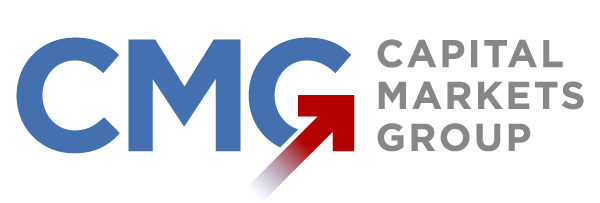Merchant Cash Advance: The Good and Bad
Owning a small business comes with its challenges, including slow months or a need to generate cash flow. Getting a loan can be time-consuming and difficult, filled with paperwork and hoops to jump through during the application process, so some entrepreneurs look to easier ways to get money. One possibility is a merchant cash advance; this is exactly as it sounds—an advance. Lenders provide the lump sum for a portion of future debit and credit card sales. This is not a loan, so it does not have the same regulations as traditional loans. The advance provider work with a credit card processor who takes out the agreed upon percentage from the business’s daily sales and deposits it into the provider’s account, which gives both the owner and provider a peace of mind that the advance is getting paid. While there are plenty of positives to this method of financing, there are some negative aspects as well.
Cons
- Lack of regulation—This is probably the biggest issue. Since this advance is a contract and not a loan, it is not subject to the same regulations. Because of this, there are untrustworthy lenders out there, so it is best to do research to find an ethical provider.
- More costly—Merchant cash advances cost more than traditional financing, possibly because of the lack of regulation.
- Possible limitations to business—The terms and conditions of the advance agreement may limit what you can do regarding payments to your business. This could be anything from not allowing the owner to change credit card processing companies while paying off the advance to discouraging cash payments.
- Short-term—The advance term is usually three to eighteen months, so it should only be used as a short-term solution.
Though these factors can be disadvantages, there are also strengths with merchant cash advances.
Pros
- Can have less-than-perfect credit—If you have difficulty qualifying for traditional financing, the advance could be a great option for your business.
- No collateral—Since repayment is based on revenue, there is no need for collateral. In fact, if the business were to fail and you could not repay the advance, there is no legal liability.
- No typical loan conditions—Once again, since this is not a loan, there are no fixed monthly payments, no interest rates, no payoff dates, and no late charges.
- Payback is based on income—Since the payments are a portion of your daily balance, the speed of repayment is based on your transactions. If you have more, you pay the advance back faster.
- Quick access to money—You can get access to your funds in as little as three hours.
If you need cash quickly, merchant cash advances are a possible option for your business.
